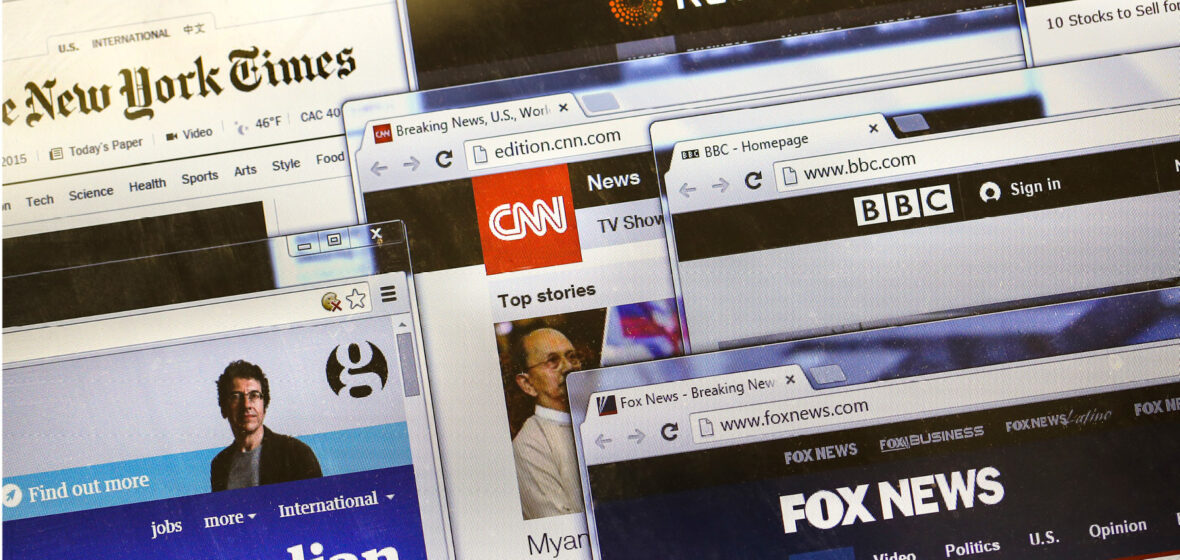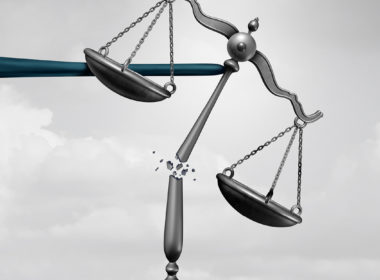Snapshot
- In a recent case, the High Court found that Google was not the publisher of a defamatory article by providing a hyperlinked search result to that article.
- A hyperlink is merely a navigating tool and is content neutral.
- Google was not instrumental in communicating the defamatory article by facilitating an enquirer’s access to the contents of another’s webpage.
In Google LLC v Defteros [2022] HCA 27 (17 August 2022) the majority of the High Court held that Google was not the publisher of defamatory material by providing internet search engine results which linked to a webpage on The Age website containing defamatory matter.
George Defteros is a Melbourne criminal lawyer who acted for persons who became well-known during Melbourne’s ‘gangland wars’, including Alphonse Gangitano, Dominic ‘Mick’ Gatto and Mario Condello. In 2004, Defteros and Condello were charged with conspiracy to murder and incitement to murder Carl Williams, his father George Williams, and Carl Williams’ bodyguard. However, in 2005 the Director of Public Prosecutions dropped the charges against him.
In 2016, Mr Defteros became aware that a search of his name on the Google search engine produced results that included:
‘Underworld loses valued friend at court -SpecialsGanglandKillings …
www.theage.com.au > Features > Crime & Corruption ▼
June 18 2004 – Pub bouncer-turned-criminal lawyer George Defteros always prided himself on being able to avoid a king hit – The Age Online’
The quoted material was part of an article published by The Age in 2004, on the day after he was charged. While the snippet itself did not contain defamatory material, Mr Defteros claimed the Search Result and the Underworld article (‘Web Matter’) defamed him.
At first instance, Richards J found the appellant was instrumental in communicating the contents of the Underworld article by the provision of a hyperlink within a search result, and was therefore the publisher of the Web Matter. Her Honour further held the Underworld article was defamatory as it conveyed the defamatory imputation that Mr Defteros had ‘crossed the line from professional lawyer for, to become a confidant and friend of, criminal elements’ (Defteros v Google LLC [2020] VSC 219 at [139(a)], [146], [290(b)]). Her Honour awarded Mr Defteros $40,000 in general damages. Google appealed and the Court of Appeal of the Supreme Court of Victoria upheld Richards J’s decision that Google became a publisher of the Underworld article after it received notification of the defamatory matter.
Their Honours adopted the test in Webb v Bloch (1928) 41 CLR 331 (‘Webb v Bloch’) and the concepts of ‘enticement’ and ‘incorporation’, and held that Google lent assistance to the publication of the Underworld article. Their Honours expressly approved the approach of Hinton J in Google Inc v Duffy [2017] SASCFC 130 (‘Duffy’) and held the Search Result enticed a reader to click on the hyperlink to obtain more information about Mr Defteros. Their Honours also approved the approach of Kourakis CJ in Duffy, that Google incorporated the content of the Underworld article even though the hyperlink or snippet itself did not contain the defamatory material.




